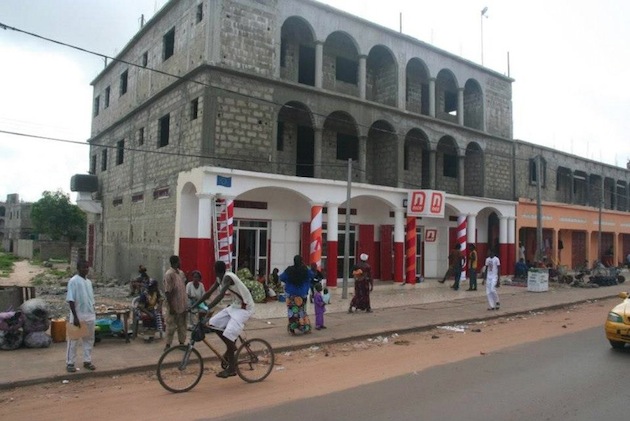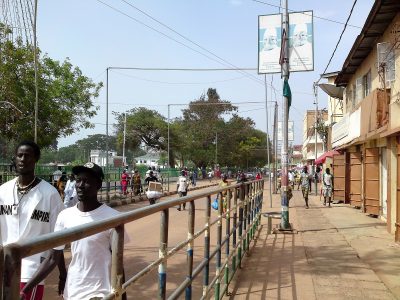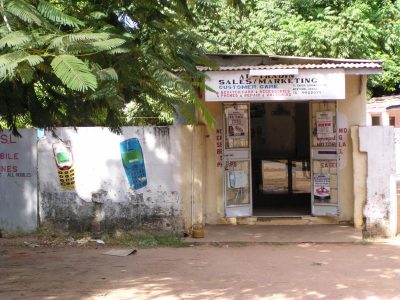Sources close to the Gambia’s Telecommunications Company (GAMTEL) have hinted that the government is interfering with the free calling and messaging service, Viber. In April 2013, the Public Utilities Regulatory Authority announced the banning of Viber, dating sites, and VoIP services such as Skype in public cafes, deeming them “illegal”. But this information was quickly contradicted by the Ministry of Information and Communication Infrastructure, which stated that these services had not been banned by government.
Now, nearly a year later, Viber users are reporting problems using the free service. Lamin Camara, Deputy Permanent Secretary for the Ministry of Information Technology commented on the issue for online news site Gambia Affairs:
[If] someone can just develop software for free and use it, if you take these operators out of business you would no longer be able to use that free service anymore because someone is investing in a platform that is enabling you to use that service.
I think people need to see the bigger picture about it. I am not here to support whatever might have happened but in as much as we felt it is not in our best interests, we need to be very analytical about the whole situation.
The top government official stated that telecommunications service providers (“operators”) had instituted a block, but fell short of mentioning specific providers. He continued:
The blockade of Viber has nothing to do with Public Utility Regulatory Authority (PURA), the blockage is at operators’ level. I am not pointing fingers at any operator. I know there are other services that Viber has affected and it is not good for them. We are working together to see how we can come to a better solution that would be acceptable to all parties.
Yet Camara had earlier denied that the government had blocked the internet portal, Viber. Speaking to The Standard on March 27, the official said that the service was not being blocked, noting that he himself had used it days prior, to speak with his family in the United States.
Commenter Arfang Bobb agreed with the decision to block Viber for economic reasons:
[…] technically is bad for an economy cus people won't buy credit to make international calls and the interconnection will go down drastically. Take for example purchasing 50mb and talking on Viber for more than an hour. You just spend like thirty dalasis [Gambian currency] for that compare to when you wanna talk on credit card.
Other observers suspect that, alongside economic challenges, free Internet-based communications service platforms pose a political problem for the Gambian government. Some government officials have reportedly suggested, according to Index On Censorship, that the use of such services is helping online Gambian media in the diaspora to deliver information to the public through independent journalists and activists.
Intelligence analyst Sam Phatey said:
[E]ven though the Gambia government did not put forward any reason for blocking Viber, their action is very reminiscent of the 2010 Saudi Government ban on apps like BB Messenger, and recently on Viber and Skype saying the messaging and VoIP apps are not in accordance with the country’s information and communication regulatory requirements. The Gambia government just feels unsecured and scared because [voices of dissent] are using the service to plan and communicate with folks in the country.
As mentioned in Global Voices’ Netizen Report, The Gambia was without Internet access for roughly 48 hours last week, according to multiple sources. Economist Sidi Sanneh, who served as the country’s foreign minister in the mid-2000s, said the blackout resulted from government efforts to block chat and call apps, including Viber.
He attributed this to the “paranoid reaction of the dictatorship resulting from an increasing public awareness of a repressive and corrupt government.”
Gambia’s Ministry of Information Technology denied blocking access to Viber, blaming the problem instead on poor network connectivity.




4 comments